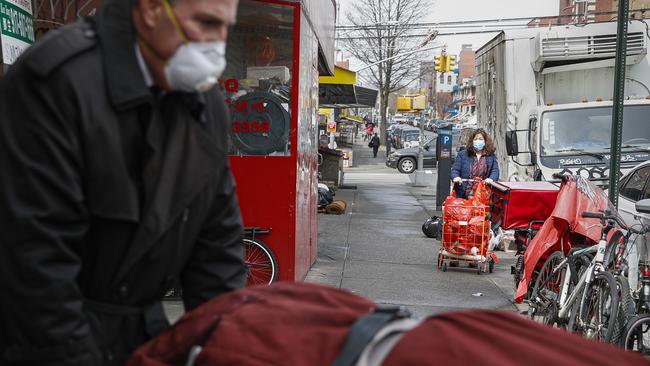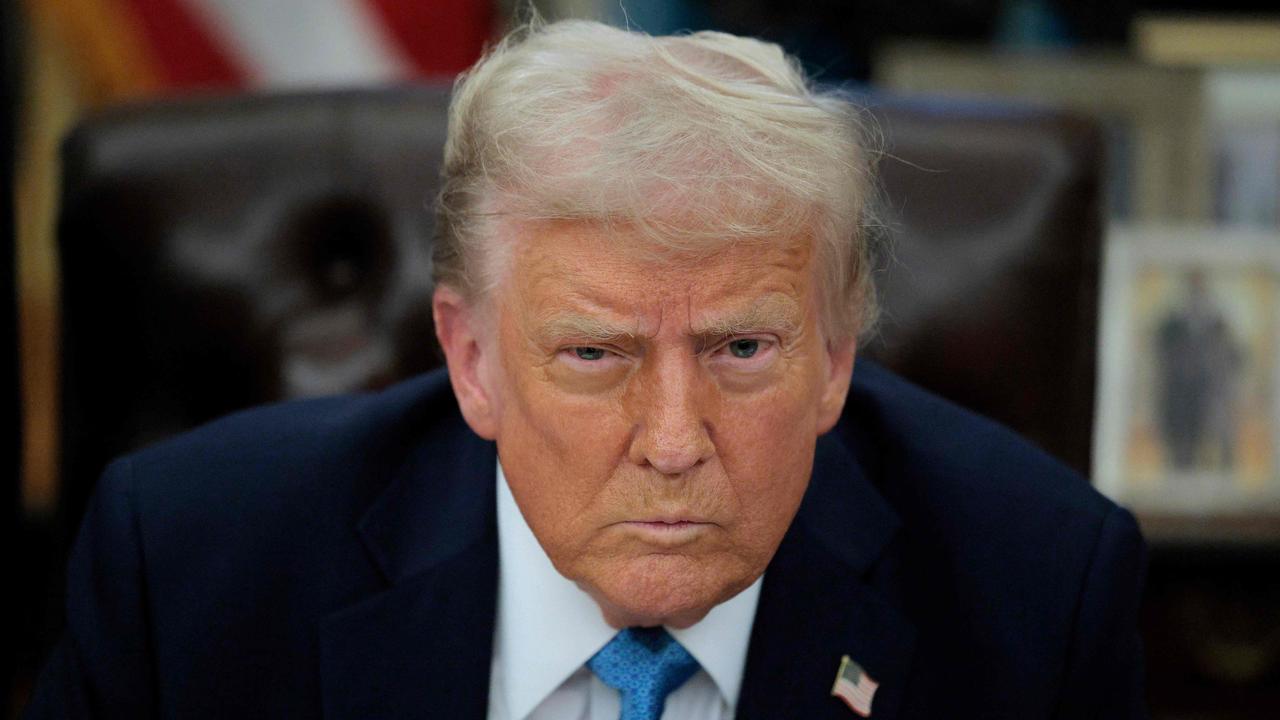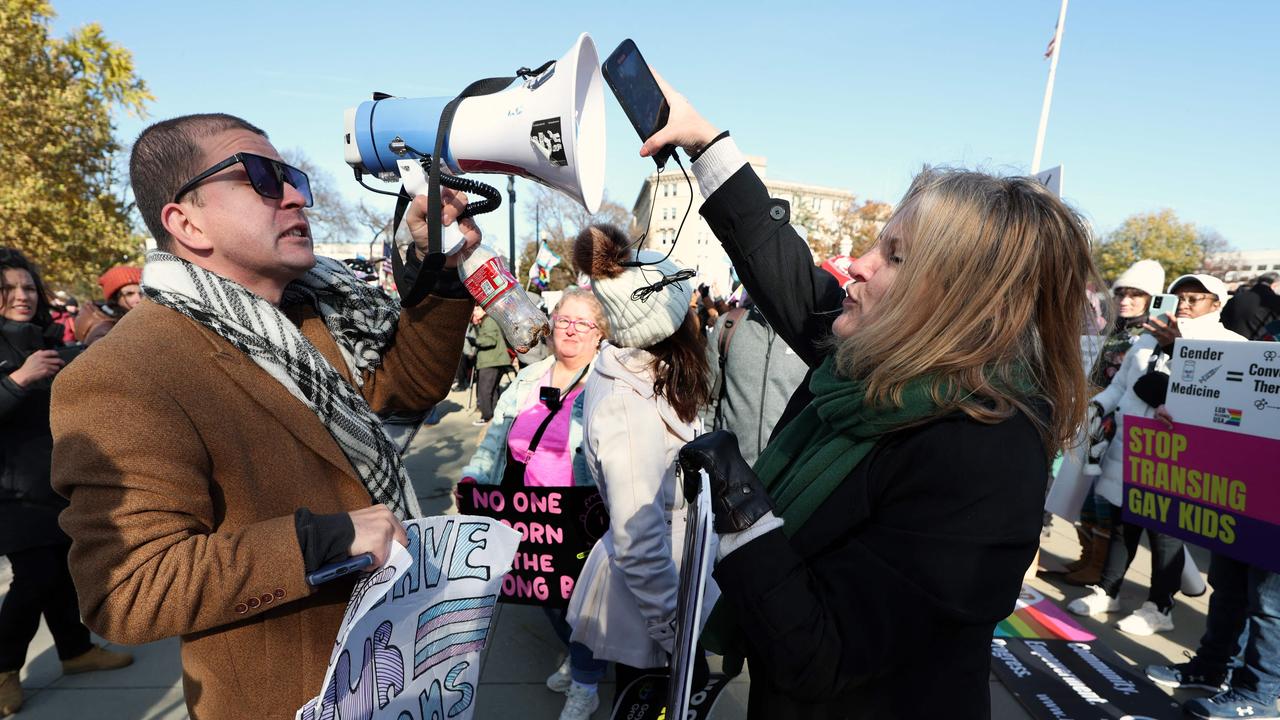Coronavirus: Emotions run high over mass graves and ‘Donald Trump’s drug’
The bodies of coronavirus victims in New York will be buried in trenches in a city park if hospitals and mortuaries cannot cope.

The bodies of coronavirus victims in New York will be buried in trenches in a city park if hospitals and mortuaries cannot cope with the numbers dying.
New Yorkers were told that the burials, which would be time-limited pending later removal for permanent burial, were to avoid scenes such as in Italy, where the military hurriedly had to collect coffins from churches and streets.
Mark Levine, chairman of New York City Council’s health committee, tweeted: “Soon we’ll start ‘temporary interment’. This likely will be done by using a park for burials (yes you read that right). Trenches will be dug for 10 caskets in a line. It will be done in a dignified, orderly — and temporary — manner. But it will be tough for NYers to take.” He later added: “This is a contingency … BUT if the death rate drops enough it will not be necessary.”
New Yorkers accused Mr Levine of scaremongering in first announcing that park committals would start “soon” and then tweeting that they may not happen.
Earlier, Donald Trump said he had bought 29 million doses of hydroxychloroquine and wanted Americans to try the anti-malaria drug to beat COVID-19, despite his virus expert warning that reports of the drug’s impact were anecdotal and incorrect use was dangerous. Mr Trump denied that he was promoting an unproven medicine, saying he did not have time to wait for formal medical tests as the US death toll rose to nearly 11,000.
Reports emerged of a fierce row within Mr Trump’s virus taskforce over hydroxychloroquine — also used to treat lupus and rheumatoid arthritis — during a meeting in the White House.
The President’s trade adviser, Peter Navarro, presented a file of reports on Saturday on the use of hydroxychloroquine, saying he believed they showed “clear therapeutic efficacy” against COVID-19. However, Anthony Fauci, 79, the virus expert on the taskforce, argued these were only anecdotal because clinical trials were still under way.
Sources told Axios news website that Mr Navarro argued his reports were “science, not anecdote” and began shouting. Vice-President Mike Pence tried to calm the row. Finally, they agreed that prescribing the drug for coronavirus should be left to doctors.
Mr Navarro told CNN on Monday: “I’m a social scientist. I have a PhD and I understand how to read statistical studies.” He later told Fox News: “History will judge who is right … but I’d bet on President Trump’s intuition.”
Mr Trump told a White House briefing the drug may or may not work: “What do I know? I’m not a doctor. But I have common sense. I’m saying ‘do what you want’ but there are some good signs. I would love to go to a laboratory and spend a couple of years testing something. We don’t have time … because there are people dying right now. If it does help, great. If it doesn’t help, we gave it a shot.”
Experimental treatments including the use of hydroxychloroquine are being promoted to the President by Rudy Giuliani, his personal lawyer. “I discussed it with the President after he talked about it,” Mr Giuliani told The Washington Post.
Hydroxychloroquine has been used since the 1940s to treat auto-immune disorders. Reports in China and a small trial in France suggest that it could inhibit the virus. That trial, by Didier Raoult at Marseilles University Hospital Institute, concluded that of 24 patients given the drug, three-quarters were better after six days.
Gilles Bloch, chairman of France’s National Institute of Health and Medical Research, urged caution, saying it could have serious side-effects and it was necessary to await the conclusion of a European trial on 3200 patients.
The Times


